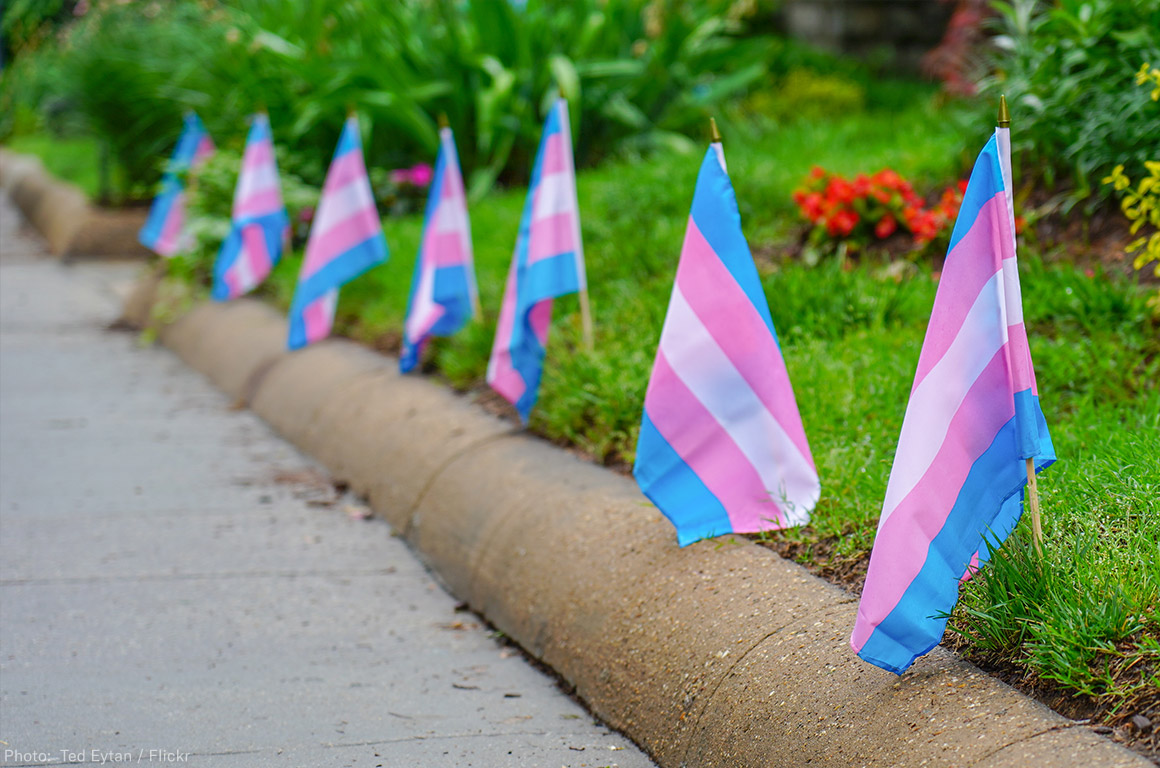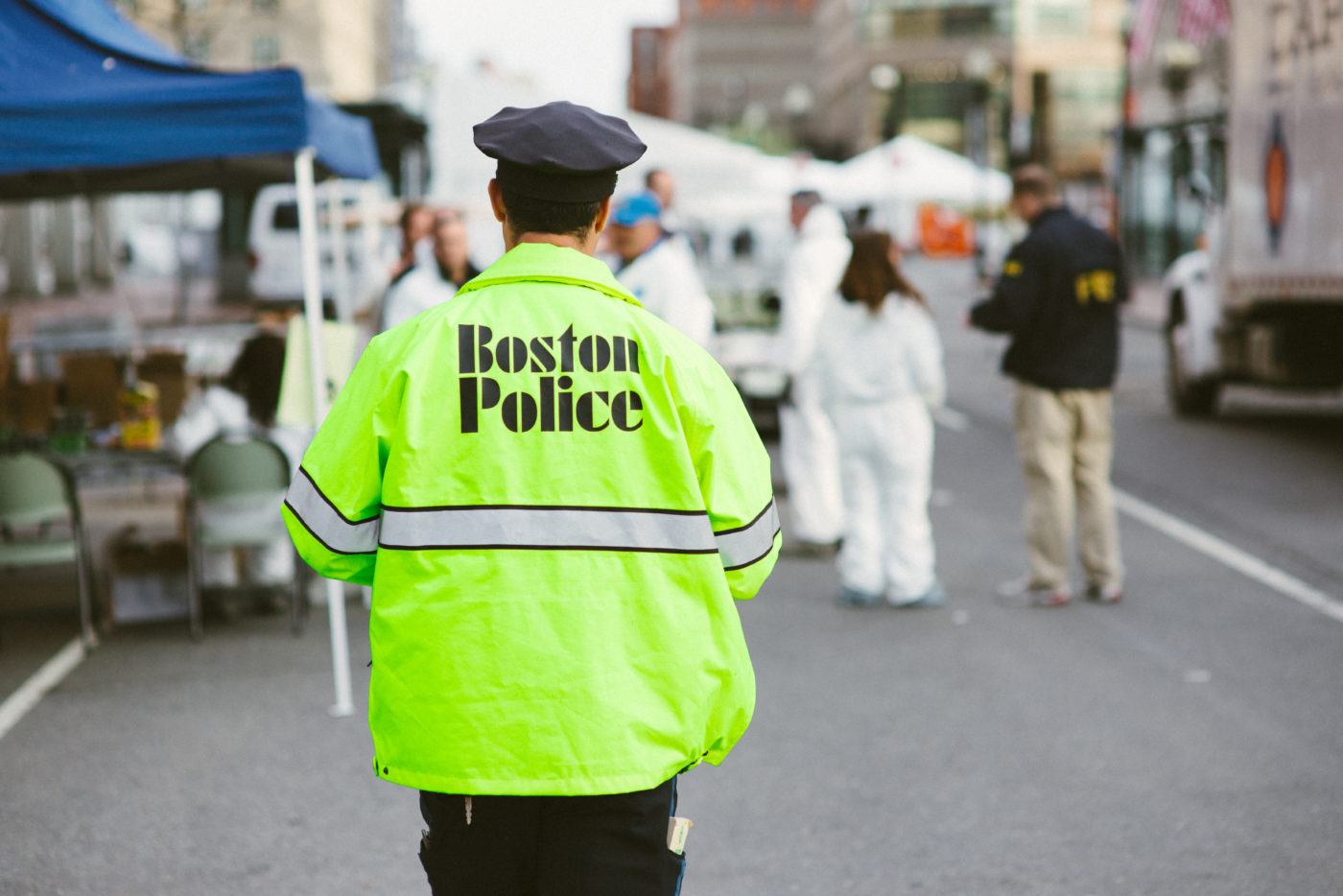Blog by Sagiv Galai, Paralegal, ACLU Criminal Law Reform Project
In his 636 days in office, former Attorney General Jeff Sessions secured a legacy that has been described as “unprecedented” and “dark.” But Sessions’ unwavering actions against criminal justice reform may also earn another descriptor for his time in office: successful. Whether it’s civil asset forfeiture, sentencing, or police accountability, Jeff Sessions has reversed or hamstrung Obama-era policies at the Justice Department that sought to reform the nation’s criminal justice system.
In July of 2017, Sessions restored the federal government’s full use of civil asset forfeiture, which allows state agents to seize property even if someone hasn’t been accused, much less convicted of a crime. Sessions revived the "federal adoption" loophole, reformed by former Attorney General Eric Holder, which allows local law enforcement agencies to circumvent more restrictive state forfeiture laws by partnering with the federal government.
In doing so, Sessions ignored the ways in which asset forfeiture has created a policing-for-profit paradox for police departments, which are always seeking more funding. In one of his speeches on the matter, Sessions insisted, “We need to send [a] clear message that crime does not pay.” But, as has been documented, poorly regulated asset forfeiture policies ensure that crime does pay — it pays law enforcement — which, as civil liberties organizations have proved, can be unconstitutional.
Sessions will also be remembered for instructing federal prosecutors to charge “the most serious readily provable offense.” By doing so, he rejected one of his predecessor’s major accomplishments, Holder’s advancement of sentencing reform that sought to focus on “individualized assessments” and shift “away from seeking mandatory minimums at record rates, while reserving stricter sentences for more serious offenders.”
In the context of the drug war, this meant restoring harsh Justice Department charging guidance for federal prosecutors that promote the use of mandatory minimums based on the quantity of drugs in the conspiracy, not the culpability of the individual defendant. Instead of winding down the “war on drugs,” these policies have only escalated it, with the damage disproportionately falling on communities of color in this country.
Finally, Sessions’ will be remembered for expanding the impunity of local law enforcement. Not only did Sessions strip the Department of the tools that enable them to hold police accountable for unconstitutional practices, but he also trafficked in cynical demagoguery when he repeatedly blamed Chicago’s crime rate on the ACLU’s success in ending stop and frisk practices by the Chicago Police Department. And he even ended collaborative reform as it once existed, a voluntary program that allowed local police departments to get Justice Department assistance on a range of policing failures, including racial profiling and excessive use of force.
But there are examples of reform bubbling up from states and localities that demonstrate the disconnect between Sessions’ vision of justice and the growing consensus on criminal justice issues.
First, Sessions was a mobilizing target, like in cities such as Los Angeles and Memphis. His explicit bigotry and unabashedly “traditional” understanding of the role of the Justice Department galvanized communities to fight against our nation’s top prosecutor and regressive criminal law policies more generally. In doing so, he provided a useful catalyst for movements seeking positive change, and after the recent midterm elections, politicians are apt to learnthat their career may hinge on whether they can address the need for reform.
Second, Sessions’ tough-on-crime hysteria added to the impetus of local movements who are fighting to protect their communities from the policies coming down from the federal government by electingprogressive reformers at the local level.
Third, while the swiftness with which Sessions expanded policies that fuel mass incarceration is daunting, it’s also a reminder that his policies can be undone. This may provide little comfort in light of the gravity of Sessions’ policy revisions, but we should remember that an attorney general’s memoranda and policy edicts could be far more tenuous than other reforms, such as ballot initiatives, legislation, and court decisions brought about through community organizing, public education, voter mobilization, and civil rights litigation.
To be clear, history won’t be kind to Jeff Sessions. Rather than provide leadership in making our criminal punishment system less bloated, less racist, less unaccountable, and more humane, Sessions seized an opportunity to sow fears across communities who have endured years of unconstitutional policing by increasing sentencing severity and government impunity. In reaction to Sessions, and in the long run, federal advocates and local activists must work to undo his policies by enacting and safeguarding long-lasting and broadly supported criminal justice reform.
Date
Monday, November 26, 2018 - 1:00pmFeatured image


